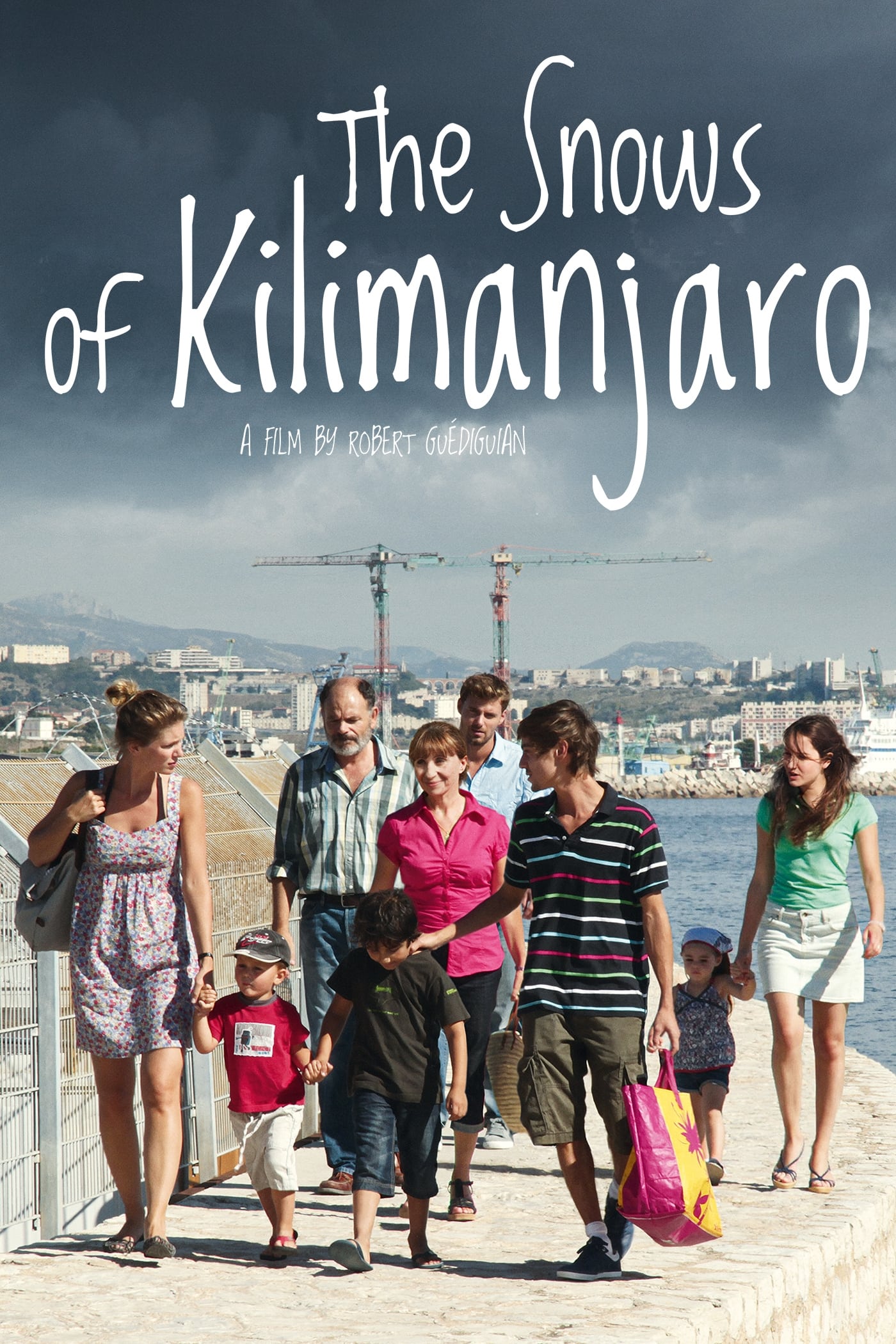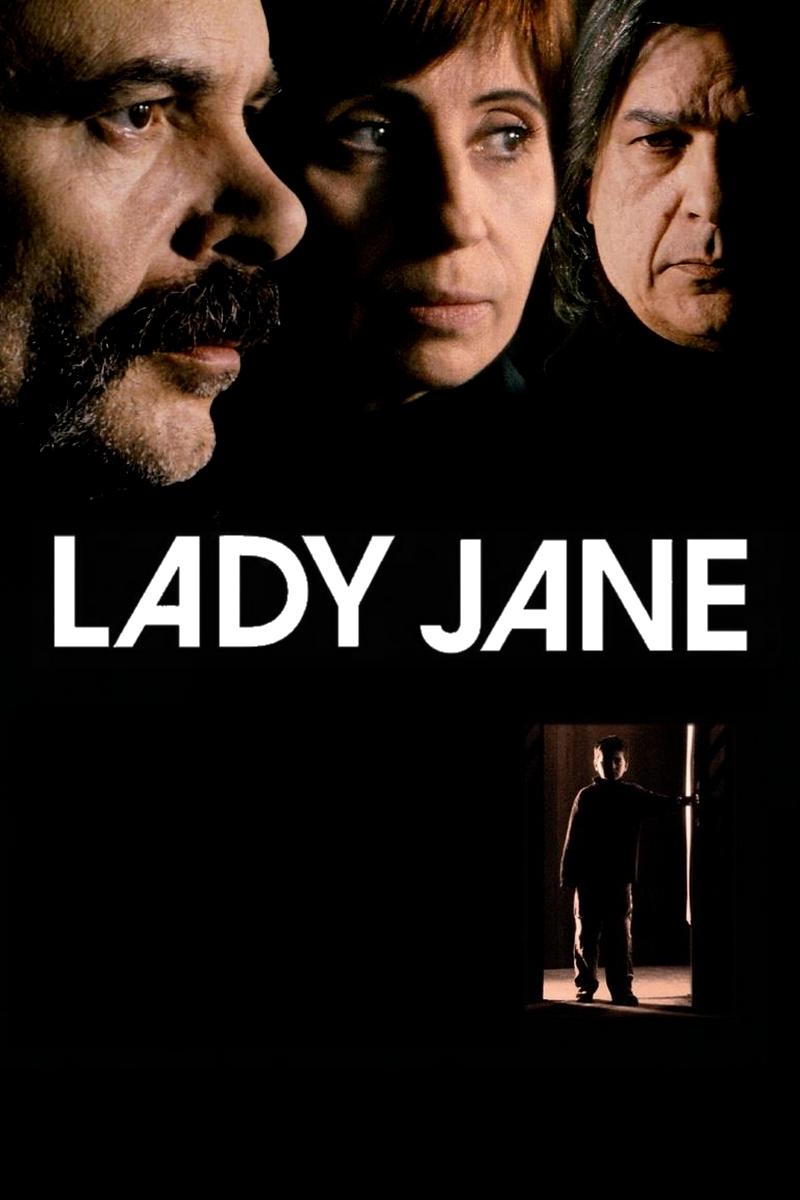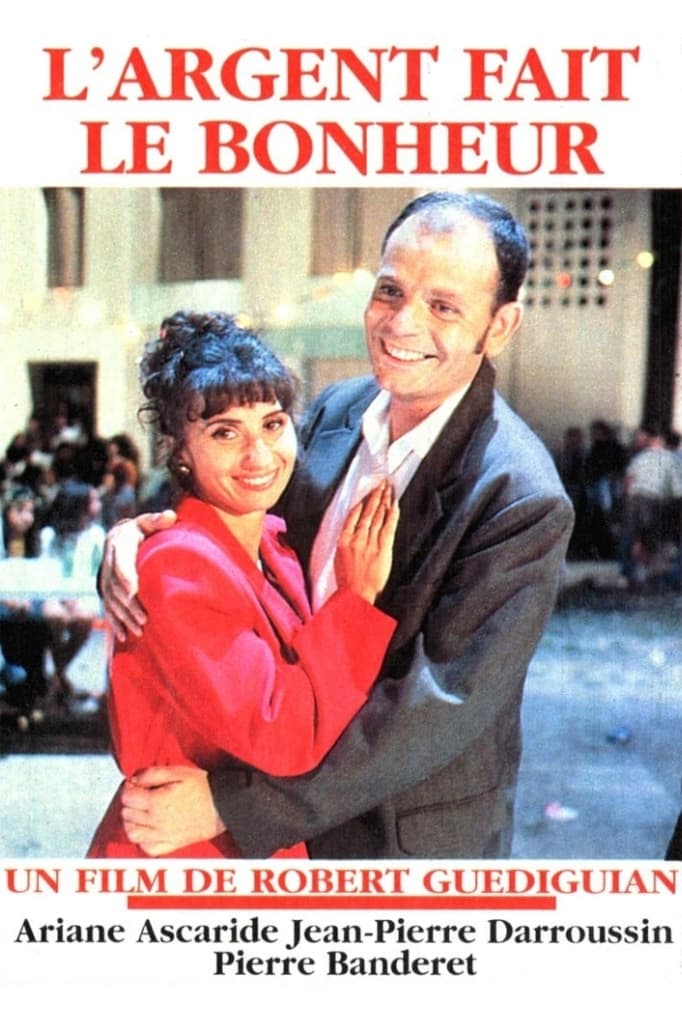

A union pensioner and his wife are robbed, but find that merely getting the assailants brought to justice is not enough for their consciences.

After having perpetrated a serious crime, Muriel, François and René, childhood friends born in the working-class streets of Marseille, go their separate ways, until, 15 years later, they meet again when another crime is committed.
Caught red-handed: Yann, Lena and Céline get a harsh punishment for stealing. The three have to spend four months in prison. They have to stay away from Paris for the next two years. Yann's aunt gives them shelter. Together, the trio moves into a house in the country. Now all anyone needs is a job. Céline is prickly: "I've enjoyed some jobs. But never for more than two days." Yann soon loses his optimism, too...
Kurdish expert Hiner Saleem (Shero) wrote and directed this French comedy-drama, set inside the 100,000-population Kurdish community in Paris. The original French title translates as "Long Live the Bride...and the Liberation of Kurdistan." Cheto (Georges Corraface) seeks a wife via videotapes while still seeing his French girlfriend, immigration office worker Christine (Stephanie Lagarde). Cheto places an order for a beautiful girl, but he's disappointed when her sister, country girl Mina (Marina Kobakhidze), arrives at the airport as a substitute. Family pressure forces him to marry her. Unhappy with the way she's treated by Cheto, Mina acquires some progressive notions from Leila (Schahla Aalam) and other local feminists, leading to confrontations with Cheto.

Jeannette is a single mother living in a working-class community in Marseilles; she tries to support herself and her two kids on her salary as a check-out girl at a supermarket and lives in an apartment complex where everyone is thrown into close proximity with everyone else. Marius is working as a security guard at a cement factory that has gone out of business; he's also squatting in the building, since the plant is soon to be demolished and he'll be needing his money later on. One day, Jeannette happens by the factory, and spotting several cans of paint, tries to take two of them home with her. Marius spots her and tries to chase her away, while she rails at him with curses against the capitalist system. The next day, an apologetic Marius appears at her doorstep, cans of paint in hand; the two soon become friendly, and a romance begins to bloom, though it quickly becomes obvious that Jeannette's romance novel fantasies are a bit off the mark from what Marius has in mind.

How the mothers of a deprived suburb of Marseille will create a solidarity committee under the aegis of the parish priest. Gathered in assembly, they will invent a solution to the endemic misery of their city.
By browsing this website, you accept our cookies policy.